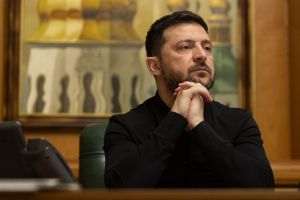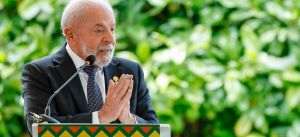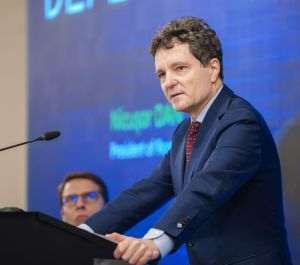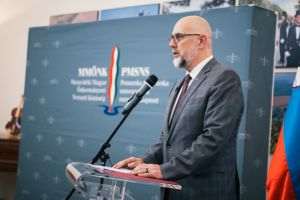The new global financing goal to combat climate change, which will be debated at the COP29 conference in Baku, must be based on a solid public financing structure, says Simon Stiell, the UN's executive director for climate, in an appeal to countries developed. This year's conference, which runs from November 11 to 22, aims to finalize a new financial support plan for developing countries called the "New Collective Quantified Goal" (NCQG).
• The need for a solid public base
In his speech, Stiell emphasized that public funding must be central to this new goal. "It is not my job to predict what form this new goal will take. But it is clear that public funding must be at the heart of this device," he said. He also stressed the importance of a significant portion of this funding being granted in the form of grants or loans on favorable terms that are accessible to the most vulnerable nations. Stiell highlighted that this is essential to support developing countries in the fight against the effects of climate change.
• The new NCQG will replace the target established in 2009
The new NCQG will replace the 2009 target by which rich countries pledged to provide $100 billion a year to developing countries. Although this goal was only reached in 2022, the current debates at COP29 are much more complex. The positions of the participating countries differ significantly on the size of the new financial package, its components and who should contribute. Developed countries have emphasized that their budgetary resources are limited and that public funding will represent only one "layer" of the total required. They are also pushing for the involvement of the private sector in supplementing the funds and expanding the taxpayer base, including countries such as China or South Korea that currently have the financial capacity to contribute.
• Challenges and perspectives
Simon Stiell admitted that one of the main challenges remains the clear establishment of financial responsibilities. "The core issue of knowing who pays and how much can be resolved in Baku, but we will not go there to renegotiate the Paris Agreement," he said, referring to commitments made under the 2015 Paris Agreement. This agreement calls on developed countries to lead the mobilization of financial resources to combat climate change and set a new funding target by 2025. In the context of COP29, discussions will aim to establish the terms and value of this new target.
• Message for the World Bank and the IMF
Stiell also sent a message to international financial institutions such as the World Bank and the International Monetary Fund, whose annual meetings will soon be held. He expressed hope that these institutions will provide "new signals" that developing countries will receive funding for climate action and investment, and will not be burdened with overwhelming debt and very high capital costs. COP29 in Baku promises to be crucial for the future of global climate finance, with the potential to redefine how financial resources are allocated to tackle one of humanity's greatest challenges.
The expenses for the protection of the environment at the national level were, in 2023, 19.8 billion lei, representing 1.2% of the GDP, according to the data of the National Institute of Statistics (INS). According to the institute: "In 2023, expenses for environmental protection at the national level were 19.8 billion lei, representing 1.2% of GDP. At the national level, the highest expenses for environmental protection were recorded in the field of waste management at specialized producers, representing 70.3% of the total expenses in the field of waste management. At the national level, the largest investments for environmental protection were registered in the field of waste water management at non-specialized producers, representing 53.1% of the total investments in the field of waste water management".
At the national level, the investments of non-specialized producers have the largest share in the total investments for environmental protection (41.9%), being followed by the investments of the public administration (40.4%) and those of specialized producers (17.7%). Non-specialized producers registered the highest expenses for environmental protection in the "production and supply of electricity and thermal energy, gas and hot water" sector (27.4%), in the "capture, treatment and distribution of water" sector (22.4% ) and in the "indust processing industry" (20.8%). In 2023, the largest investments for environmental protection were registered in the field of "wastewater management", with a value of 2,959,766,000 lei current prices, followed by the field of "waste management", with 1,942,250,000 lei current prices. Last year, the largest expenses for environmental protection were recorded in the "waste management" field, with a value of 12,208,171,000 lei current prices, followed by the "wastewater management" field, with 4,233,203,000 lei current prices.
























































